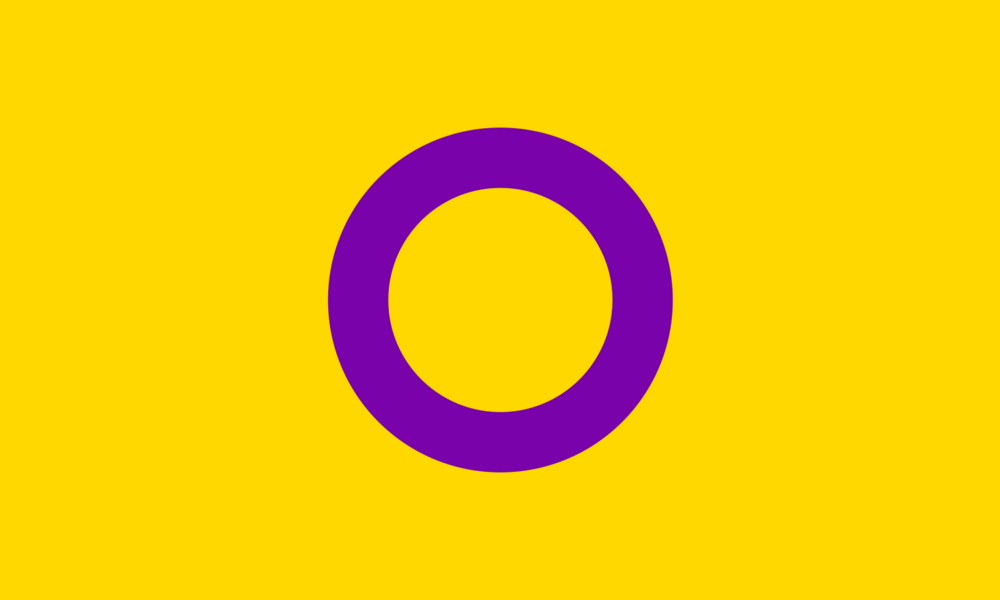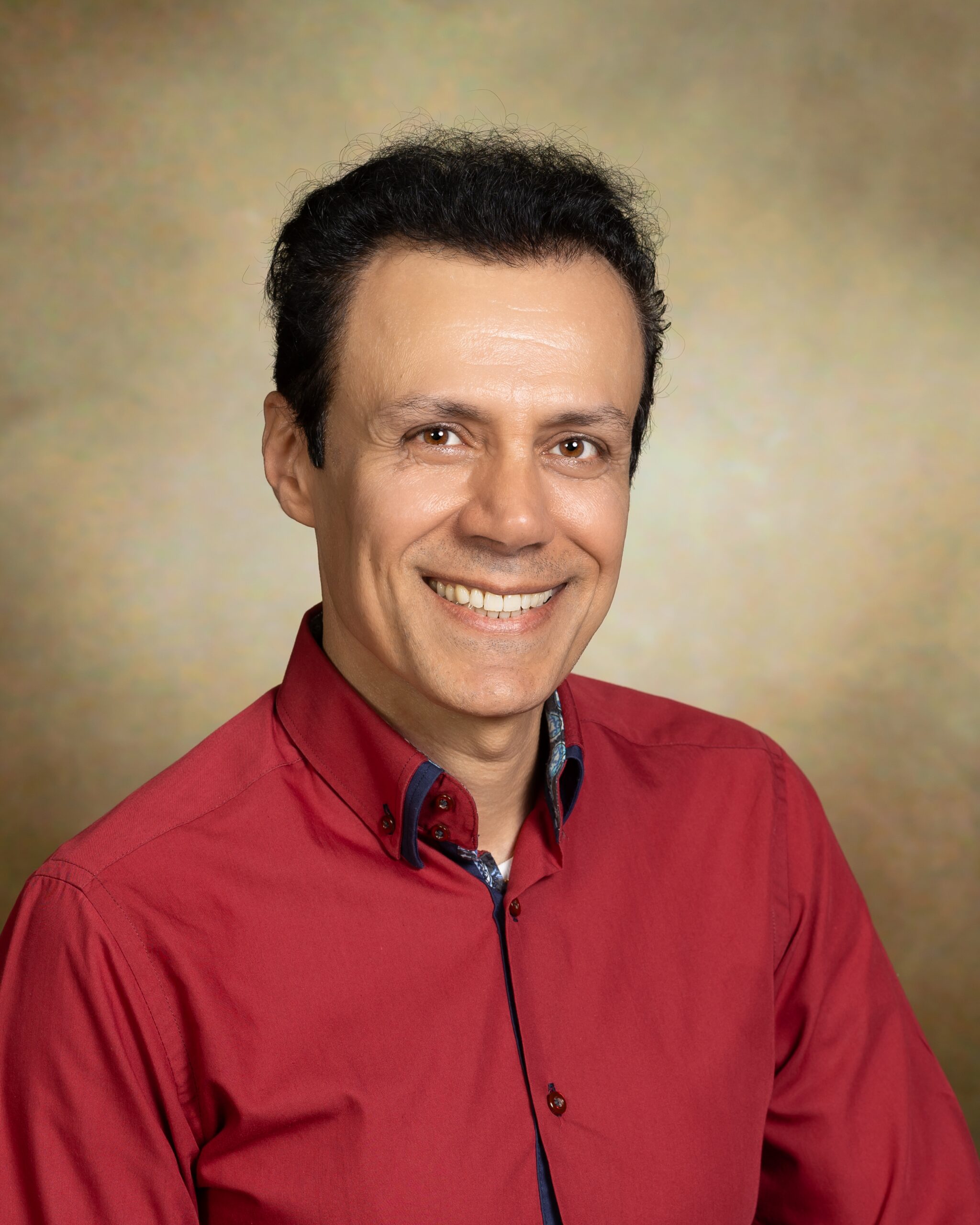 Workshop Report
Workshop Report
Mehrdad Alipour
As part of the project Beyond Binaries: Intersex in Islamic Legal Tradition, we organized a workshop on “Intersex Identity and Rights: Debating Some Urgent Matters” on the 8th of November 2022. The workshop was held online with a small group of intersex activists and individuals from the Netherlands, Germany, Austria, and the UK. It was a very useful, honest, and stimulating conversation about several relevant and urgent topics concerning intersex people in Europe and beyond.
Thanks to our participants, below you find a briefing of what had been discussed at the workshop:
After a short welcome, participants briefly introduced themselves. Then, Mehrdad Alipour (the Project investigator and organizer of the workshop) made his opening remark and introduced his project concerning intersex identity and rights in Islamic legal traditions. He indicated that unlike what has been asserted by traditional Imams and orientalist scholars, Islamic law is open to non-binary sex and/or gender discourse, which apparently provides Muslim parents with intersex children a space to accept their infants and raise them as they are. According to this legal attitude, if not necessary and life-threatening, such parents must await until their children grow up and decide to which sex and/or gender they wish to assign. This project, in fact, aims to echo the silenced voice of those Muslim scholars who suggested the non-binary sex or gender approach in Islamic legal discourse.
Miriam van der Have (Direcor of Stichting Nederlandse organisatie voor seksediversiteit [NNID]) was the first speaker. She discussed NNID’s project on the oral history of intersex individuals which has recorded several interviews with intersex people from various cultural, societal and religious backgrounds. She presented the life of a Dutch Pakistani Muslim intersex girl, and then expanded on the difficulties that intersex people like her would face in closed communities, such as in this case the girl’s Pakistani-Muslim community.
Next, Luan Pertl (A queer and intersex activist and the project leader of “OII Europe: Intersex Asylum Seekers”) presented their lived experiences in support of intersex asylum seekers, both adult intersex individuals and those parents with intersex children. Luan indicated several troubling issues which make it difficult for intersex activists like Luan to support intersex asylum seekers. Regardless of cultural barriers, the New European Migration Pakt is very difficult for intersex asylum seekers, as it does not show enough details on the speciality of discrimination against intersex individuals that can be caused by society, the medical system, family members and so on. Moreover, there are also no clear rules about housing situations for intersex people in asylum shelters or support for medical needs. Luan, however, mentioned that recently three cases of intersex asylum seekers have been accepted in Germany and Austria solely based on their intersex identity (it is indeed very good news!) Luan also informed us of a toolkit on intersex asylum seekers which will soon be published on the OII Europe website.
Mir Abe Marinus (National policy officer at NNID) presented their research on the sexual development of intersex youth in the Netherlands, which NNID conducts together with Rutgers. Among other respondents, several religious individuals were interviewed, most of them from a Christian background (either protestant or catholic) and one from a Muslim background. These participants discussed how religion can be a source of help/support for intersex individuals as well as a source of discomfort. As the analysis of the research is still ongoing, nothing conclusive can be stated yet, but some observations can be made. Although some people left religion as they felt it denied their existence as intersex people due to gender/sex normative views, others redefined religion for themselves to hold to the faith and were able to experience their religion as supportive. Furthermore, in some instances, religious guilt played a role and influenced the way intersex persons see and relate to themselves. The research paper will be published early next year.
Asha Ali (An activist and scholar of gender and race in Islam with a specific focus on the experience of Black Muslims/from Exeter University/the UK) discussed the marginalized black Muslim women and minority groups within Muslim communities. She then shifted to intersex people in Somalia and elaborated on their conditions and struggles. She also further highlighted the differences in practices and treatments of intersex people in indigenous communities. Using the example of her village in Somalia, she described how intersex people she grew up with were treated, and the ways in which lack of ‘Western’ medical intervention allowed intersex people to live as they are. Further, she also spoke about the influence of Sufism, since she grew up in a Sufi village, there was no gender or sex-normative strictness, as such it was important of making sure all of God’s creations were given dignity and respect.
……………………..
In the second part of the event, Mehrdad summarised the discussions and asked the participants about possible collaborations. The following suggestions are made:
- Organizing public talks and roundtable discussions (in-person and online/ mixed online-in-Person)
- Organizing more workshops at which intersex researchers and activists come together and discuss relevant topics
- Sharing knowledge, studies, and lived experiences with each other and on different platforms
- Preparing informative guidelines/toolkit for religious/Muslim intersex people
Stay tuned


